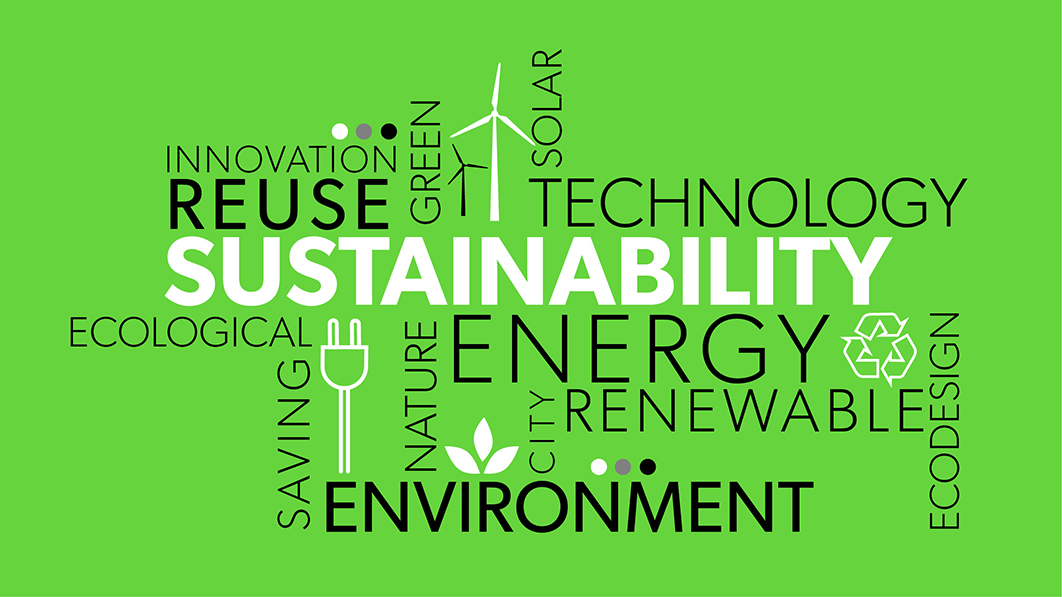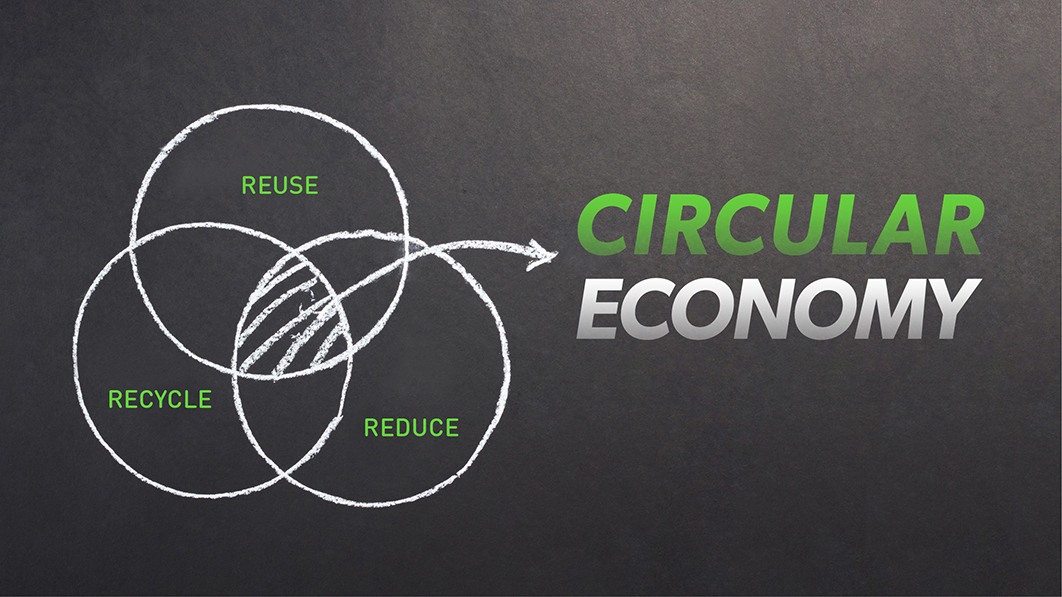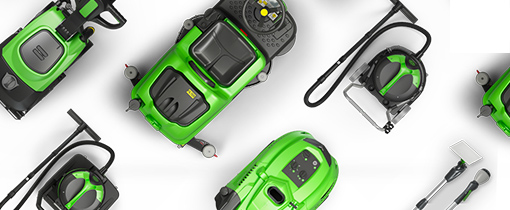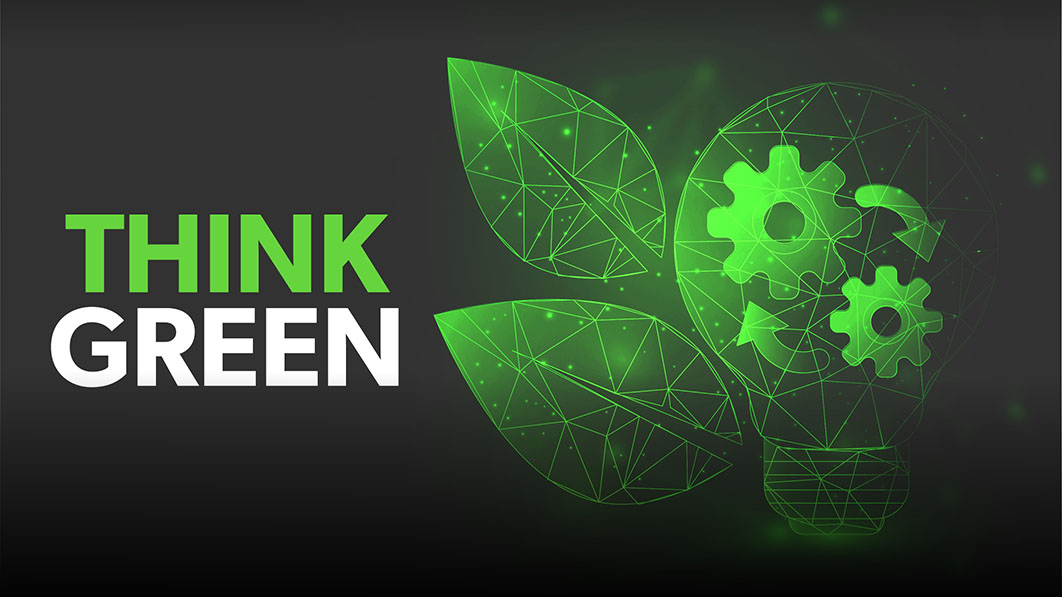
Estimated reading time: 5 minutes
How many times have we heard about Sustainability, Green Economy, Circular Economy and Green Marketing?
In recent years, the issue of pollution and protecting our Planet has taken centre stage. Environmentalists’ associations and activists have taken actions to protect the ecosystem and the environment in which we live and which we inevitably pollute every day. – The most recent example is Greta Thunberg, the Swedish activist who has become famous for her strike against climate change.
The truth is that we can all make a difference.
Even small gestures can help save planet Earth, simple things we can do every day: from turning off the tap while we brush our teeth to properly sorting our trash for recycling. We save the Planet every time we decide to go to work or anywhere else by bike or on foot, instead of using the car – obviously, if circumstances permit.
In this perspective, more and more companies are deciding to embrace a green policy in their production and distribution processes. And this is where the circular economy comes into play, understood as an organised economic model to reuse materials in successive production cycles, with the aim of reducing the waste of resources to the minimum. The circular economy is based on three pillars:
- REDUCE, meant as reducing the consumption of raw materials used in the production cycle.
- REUSE, that is, reusing raw materials in the products’ life cycle.
- RECYCLE, i.e. recover the raw materials/scraps to give them a new lease of life.

How can a company in the Cleaning industry be sustainable?
For companies, “being sustainable” means taking into account the environmental, social and economic impacts generated by their activities. Let’s look at some examples.
With environmental certifications.
Companies that comply with the UNI EN ISO 14001:2015 standard (Environmental Management System) undertake to grow in harmony with respect for the environment and prevent pollution through certain practices, such as:
- Controlling the consumption of energy and natural resources;
- Thorough waste management to ensure proper disposal and increase recycling;
- Monitoring emissions in the atmosphere derived from their processes;
- Accurate selection of the materials used in production processes, to limit the associated environmental impacts and the risks entailed in the use of these substances.
Investing in environmental certifications is an essential step towards improving your corporate image and identity, and creating solid relationships with customers, based on trust and respect.
>> Find out how IPC pursues the goal of SUSTAINABILITY
With product certifications
The EU Ecolabel mark is the European Union’s environmental quality label awarded to products and services that have a low environmental impact throughout their life-cycle, yet guarantee high performance standards.
IPC has always focused on minimising the life-cycle impact of all its products, from design to production, from transport to use, all the way to disposal and recycling. That is why it has worked to obtain the EU Ecolabel certification for its LOOP ECL microfibre mop.
>> Find out more: Why choose EU ECOLABEL?
By using sustainable innovation and technologies capable of reducing the consumption of resources, you can reduce your environmental impact.
In the last decade, manufacturing companies have made great strides in the cleaning sector. Microfibres, for example, which used to be innovative fabrics, are now used extensively and without the aid of chemical detergents. In the field of cleaning machines, however, research and development has focused almost exclusively on reducing the consumption of water, energy and chemical agents. The latest scrubbers or high-pressure machines, with their outstanding performance, are a clear example of this commitment.
IPC contributes each year to increasing electricity savings and to maximising the use of recycled plastic.
Think, for example, of the ECO Select technology of the scrubbers, which makes it possible to reduce energy consumption by increasing operating autonomy by 20% in all day-to-day washing operations.
Or the ETSC technology (Electronic Temperature Stabilizer Control) applied to pressure washers which, by keeping the outlet water temperature constant, ensures lower fuel consumption.
Another tangible example of IPC’s commitment to the goal of sustainability is the Black is Green™ technology, which involves using high quality recycled (and recyclable) plastic in the production of cleaning trolleys and vacuum cleaners.
The future is sustainable – Think Green
The future of companies will increasingly be geared towards sustainability. The journey will be long and sometimes complex, fraught with doubts and uncertainties. It is clear, however, that companies in the Cleaning industry have embarked on this journey too. Sustainability does not merely mean developing eco-friendly products and technologies, but it must be a deeply rooted concept in corporate philosophy and identity.

